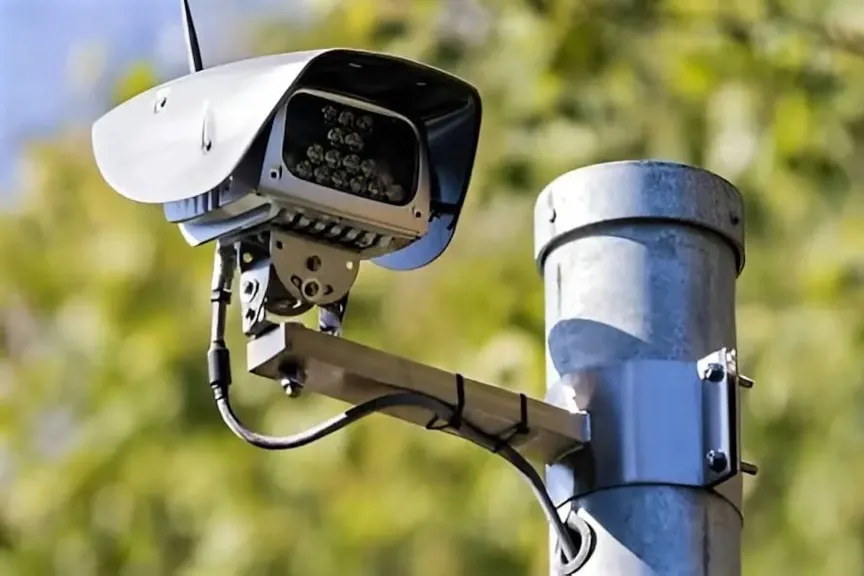cyberattack permanently disabled dozens of speed cameras in the Netherlands

A hack reportedly left "dozens" of speed cameras in the Netherlands inoperable and unrecoverable.
It's often said that "character is who you are when no one is watching." Drivers in the Netherlands have been given the opportunity to put that theory to the test, at least when it comes to obeying local traffic laws, because a bunch of speed cameras that were reportedly taken down by Russian and Chinese hackers in July remain offline.
TechSpot reported that "dozens of speed cameras"—including "standard fixed and average speed cameras, as well as mobile flex speed cameras that are deployed in different locations for set periods"—were "purposely ... taken offline" on July 17. No biggie! Surely the relevant authorities can just bring them back online, right?
Wrong. Apparently, the systems targeted in the hack (which reportedly stored "information about ongoing court cases, police investigations, and employees' personal details" in addition to managing these cameras) haven't regained the ability to reactivate the affected speed cameras nearly a month after the attack was revealed. As for the perpetrators, the report local information that the attack is thought to be the work of hackers with links to both Russia and China. Naturally, authorities are not being forthcoming about the location of affected cameras in order to prevent people from taking advantage of them being offline.
Most research on the security of traffic-related systems has focused on the lights that determine whether drivers can go or not. Hollywood also seems to love the idea of instantaneously causing a pile-up by making all the lights in an intersection green, as if nobody in any of the vehicles has a self-preservation instinct.
Researchers and hobbyists alike have been finding ways to manipulate traffic lights for decades. It can be relatively easy to do so with a Flipper Zero, for example, or with a Python script that abuses well-intentioned automated systems designed for cyclists. The results aren't nearly as dramatic as movies like "Live Free or Die Hard" would have you believe, but they can still cause problems for drivers and the cities they're in.
The more worrisome traffic-related hacks involve tampering with vehicles themselves. A prime example: SecurityWeek reported in 2023 on researchers being able to "start/stop the engine, remotely lock/unlock the vehicle, flash headlights, honk vehicles, and retrieve the precise location of" cars made by five different manufacturers.
Those are the kinds of hacks that make driving even more dangerous than it already is. Given the option, I'll take speed cameras not working over remote code execution on a specific vehicle every time.


